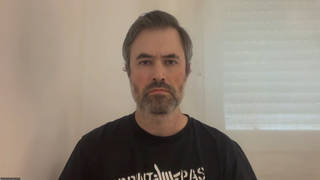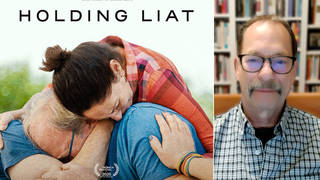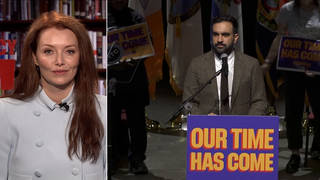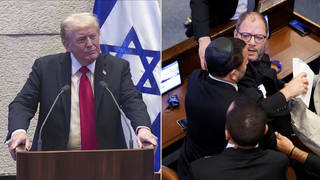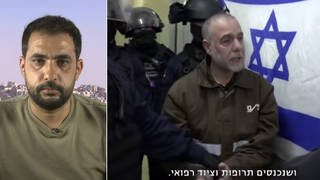Senior administration officials said over the weekend that President Bush will establish a bipartisan commission in the next few days to examine American intelligence operations, including what is being described as a study of possible misjudgments about Iraq’s unconventional weapons.
The president’s decision came after a week of rising pressure on the White House from both Democrats and many ranking Republicans to deal with what the head of the Senate Intelligence Committee has called “egregious” errors that overstated Iraq’s stockpiles of chemical and biological weapons, and made the country appear far closer to developing nuclear weapons than it actually was.
Mr. Bush’s agreement to set up a commission to study the Iraq intelligence failures was first reported Sunday by The Washington Post.
The pressure to establish the commission intensified after David Kay, the former chief weapons inspector, told the Senate Armed Services Committee last week that “it turns out we were all wrong, probably,” about the perceived Iraqi threat, which was the administration’s basic justification for the war.
The commission will not report back until after the November elections. Some former officials who have been approached about taking part say they believe it may take 18 months or more to reach its conclusions.
The draft of the executive order specifically orders the commission to compare intelligence about Iraq with what was found on the ground there. But it is not clear whether the commission will decide to delve into issues beyond how the intelligence was gathered, and specifically how it was used. In the case of Iraq, that could put the commission into the midst of the politically charged question of whether the most dire-sounding possibilities were de-emphasized by Bush administration officials to build a national and international consensus on the need to take military action. The White House has denied any such effort to filter the intelligence.
Dana Milbank of the Washington Post reports that Bush aides have learned through hard experience that admitting error only projects weakness and invites more abuse. Conversely, by postponing an acknowledgment — possibly beyond Election Day — the White House is generating a fog of uncertainty around Kay’s stark findings, and potentially softening a harsh public judgment.
Former Chief UN weapons inspector Hans Blix said “They aren’t giving up…They all prefer to retreat under a mist of controversy rather than say, ’I’m sorry, this was wrong.

